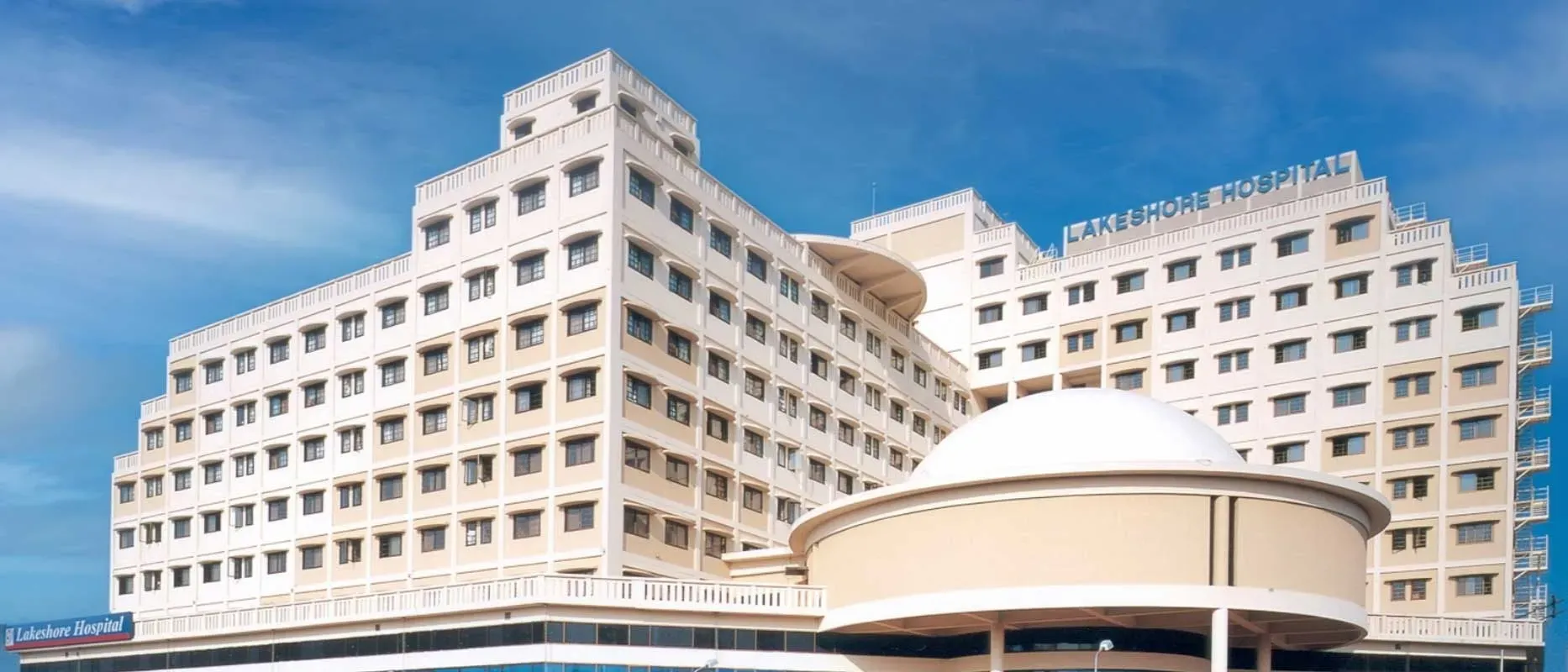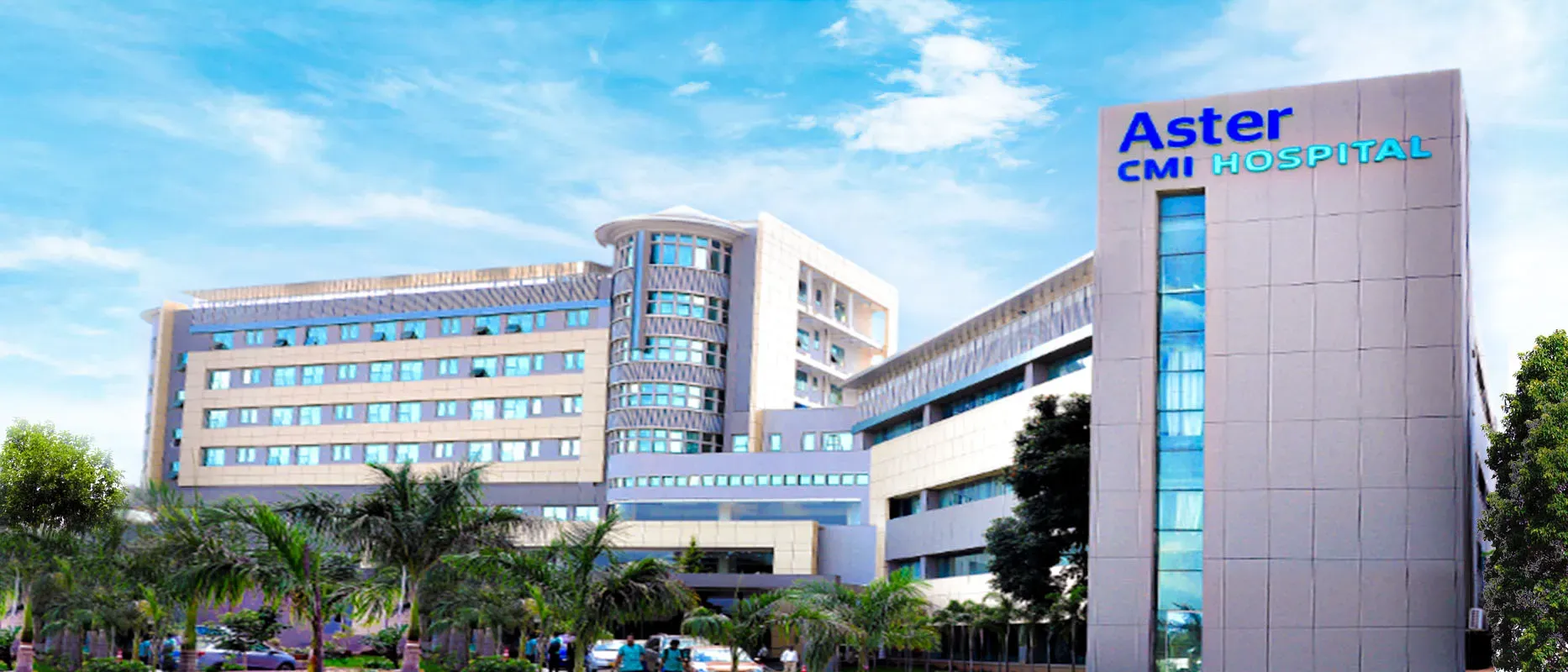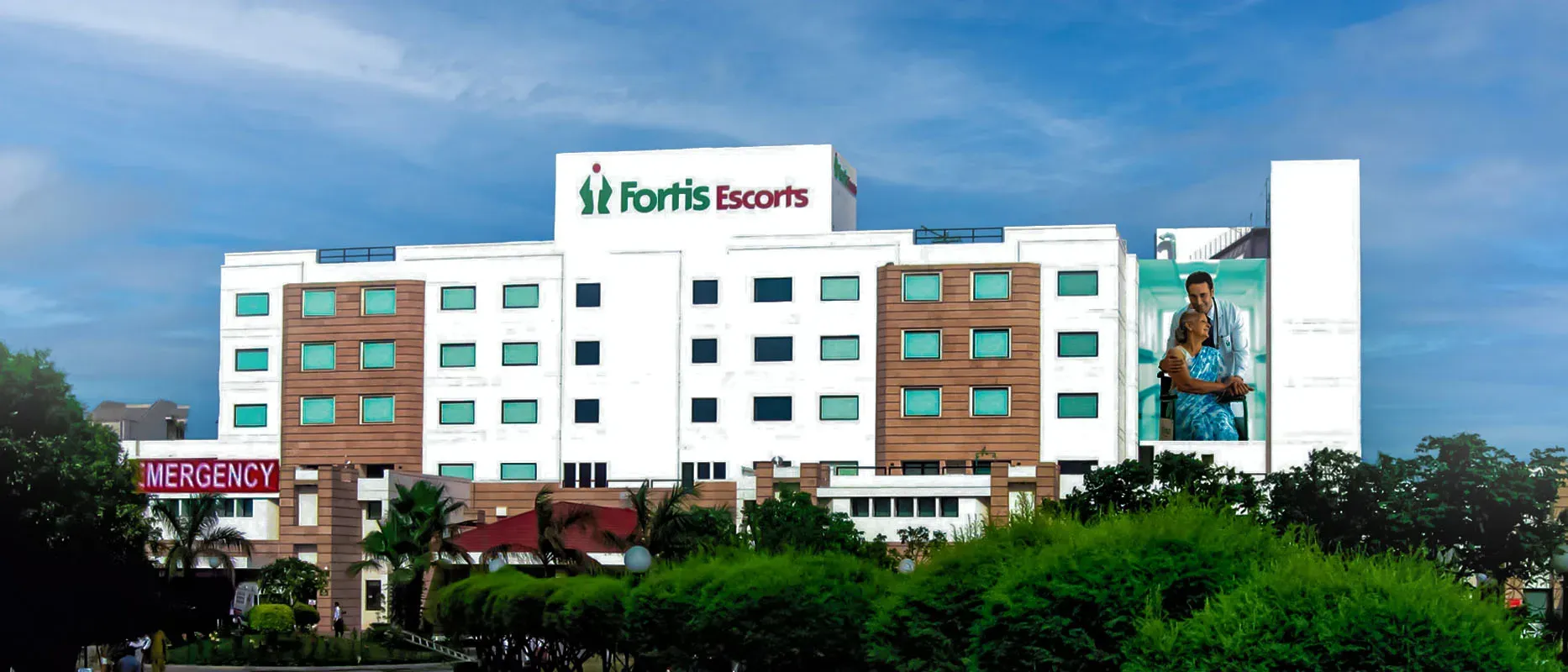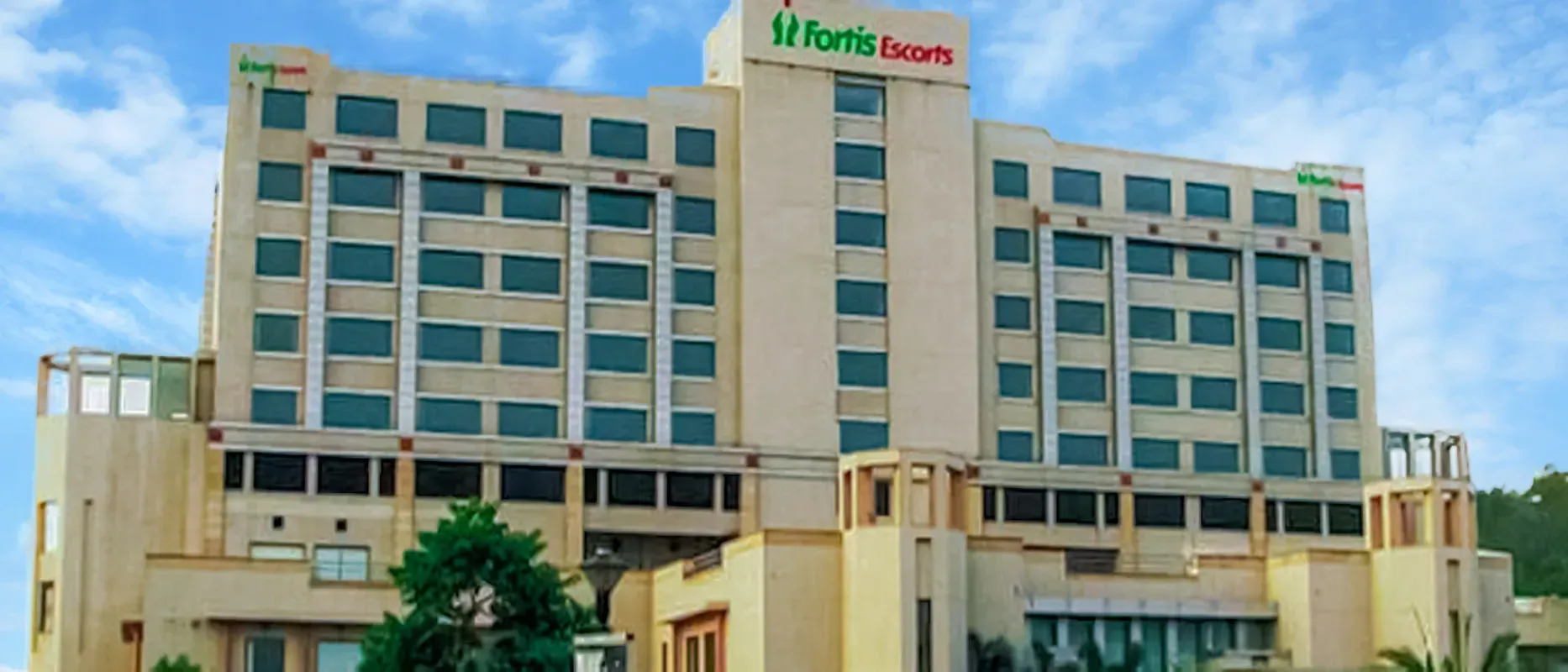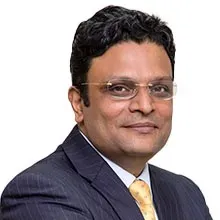Overview of Partial Knee Replacement in India
When the knee damage is not so extensive and affects only a part of the knee then surgeons resurface only that damaged part instead of the whole knee, which we call Partial Knee Replacement Surgery or unicompartmental knee replacement. It is a surgical intervention that is used to alleviate pain and disability by replacing the weight-bearing surfaces of the knee joint.
The cost of Partial Knee Replacement in India ranges from ₹ 3,50,000 to ₹ 4,50,000. The overall cost of the procedure can vary according to some factors which include the condition of the patient, the severity of the disease, post-surgical complications, and the age of the patient. These factors contribute to the overall cost of the partial knee replacement surgery.
Types & Procedure of Partial Knee Replacement
There are different types of partial knee replacements based on the specific compartments of the knee being replaced. The three main types are:
- Medial unicompartmental knee replacement
- Lateral unicompartmental knee replacement
- Patellofemoral unicompartmental knee replacement
Medial Unicompartmental Knee Replacement
In this procedure, the damaged inner part of the knee joint, which is known as the medial compartment, is replaced with the damaged part. This replacement procedure includes a metal component for the thigh bone and a plastic component for the shinbone.
Lateral Unicompartmental Knee Replacement
This type of partial knee replacement involves replacing the outer part of the knee joint which has been damaged, known as the lateral unicompartmental knee replacement. It includes a metal component for the thigh bone and a plastic component for the shin bone but from the outer side.
Patellofemoral Unicompartmental Knee Replacement
Patellofemoral is the joint between the kneecap and the thigh bone. The damaged surfaces of both the kneecap and the groove on the thigh bone are replaced with metal and plastic components, respectively.
The choice of each type of partial knee replacement depends on several factors, including the extent and location of knee damage, the patient's condition of the bone, and overall knee function. The orthopedic surgeon makes the final decision on the type of partial knee replacement according to each individual assessment of the patient.
Procedure of Partial Knee Replacement
Pre-operative assessment: the surgeons perform the screening tests on patients and correlate it with the medical history and physical examination. Then a decision is made for performing a particular type of partial knee replacement surgery.
Anesthesia
The patient is given anesthesia, which makes the patient either unconscious or makes the lower body numb.
Incision
A small incision, typically about 3 to 4 inches long, is made over the knee joint to access the area of the knee which is damaged.
Bone Preparation
The damaged tissues and bone from the affected area are removed by some special instruments and spare the healthy bone. The bone surfaces are reshaped for the prosthesis implant.
Implanting a Prosthesis
The artificial components of the metal thigh bone and shin bone along with a plastic spacer are replaced to the prepared bone surfaces.
Closure
Once the components are in place, the surgeon closes the incision with sutures or may apply a dressing to prevent any infection.
Postoperative Care
The patient is taken to a recovery area and monitored closely. Painkillers are given to reduce the pain after surgery. Physical therapy and exercises will begin within 2-3 days after surgery. It helps in early mobility and strengthening of the knee joint.
Cost of Partial Knee Replacement in India
The cost of Partial Knee Replacement Surgery in India ranges from ₹ 3,50,000 to ₹ 4,50,000 INR. This affordability makes it a cost-effective option for patients seeking this procedure. However, the actual cost may vary based on individual patient conditions and can also differ across various cities in India.
Cost of Partial Knee Replacement in India
| Partial Knee Replacement Cost in India |
Min in INR |
Max in INR |
| Partial Knee Replacement Surgery |
₹ 3,50,000 |
₹ 4,50,000 |
| Minimally Invasive Partial Knee Replacement Surgery |
₹ 3,20,600 |
₹ 4,50,800 |
Cost of Partial Knee Replacement in Different Cities of India
| Partial Knee Replacement Cost of Cities in India |
Min in INR |
Max in INR |
| New Delhi |
₹ 1,75,000 |
₹ 2,75,000 |
| Gurgaon |
₹ 1,80,000 |
₹ 2,70,000 |
| Noida |
₹ 1,70,000 |
₹ 2,85,000 |
| Chennai |
₹ 1,80,000 |
₹ 2,60,000 |
| Mumbai |
₹ 1,85,000 |
₹ 2,75,000 |
| Bangalore |
₹ 1,75,000 |
₹ 2,70,000 |
| Kolkata |
₹ 1,70,000 |
₹ 2,60,000 |
Symptoms & Risk Factors of Partial Knee Replacement
Indications of Partial Knee Replacement
Here are some specific conditions or diseases that may require partial knee replacement:
- Osteoarthritis of the knee.
- Rheumatoid arthritis affecting the knee.
- Post-traumatic arthritis.
- Avascular necrosis (loss of blood supply) of the knee.
- Knee deformities, such as knock knees or bow legs affecting only one compartment of the knee
- Tissue instability in one compartment of the knee
- softening or degeneration of the tissue under the kneecap, limited to one compartment
- meniscus tear
- synovitis (swelling of the lining of joint)
- sports injuries damaging the knee.
Risk Factors for Partial Knee Replacement
While it is generally considered a safe and effective treatment option for certain individuals, there are still some potential risk factors associated with partial knee replacement. These risk factors include:
Infection : Like any surgical procedure, partial knee replacement also has a risk of infection. Although it can be treated with medications but in severe conditions a new surgery is required with new prosthesis.
Blood Clots : Blood clot formation in the veins of the lung is a major risk factor after surgery. It can also travel to the lungs and cause severe complications. So it is important to take medications for preventing blood clot formation.
Implant problems : Sometimes implants can displace and may cause damage in the knee joint which can lead to severe complications. In some cases, a revision surgery is required for treatment.
Damage to Nerve and Blood Vessels : During surgery, there is a small risk of damaging nerves or blood vessels in the surrounding area. This can lead to numbness, pain, weakness, or circulation problems in the affected side of the body.
Pain and Stiffness : Sometimes the poor circulation and mobility can cause severe pain in the knee joint. The lack of motion in the joint makes the surrounding muscles stiff which can lead to activity limitations.
Poor Wound Healing : The infections and poor circulation in the joint can make it difficult to heal the wound completely. They may cause severe complications and delay the recovery.
Top Hospitals for Partial Knee Replacement in India
Shaping the future of the healthcare institution and establishing the path to accomplishment.
Top Doctors for Partial Knee Replacement in India
Empower your Health with the Expertise of Leading Medical Professionals.
Dr. Bhushan Nariani
Department of Orthopedics
Senior Director Joint Replacement
Book Appointment
Dr. Rita Bakshi
Department of Obstetrics & Gynaecology
Visiting Consultant
Book Appointment
Check the Partial Knee Replacement in India
Be the change and be an opportunist in transforming healthcare.
How Ortil Helps Your Treatment Planning
Guiding your Journey from Discovery to Treatment Planning and Beyond.
Discovery
Get a consultation to discover about your treatment
Pre-Treatment
Admission to the best hospital and all pre-treatment facilities
Post Treatment
Get post-treatment follow-up care with medicine fulfillment
Treatment Planning
Hassle-free treatment planning with package & cost estimations
in-treatment
world-class quality procedures and equipment for treatment












